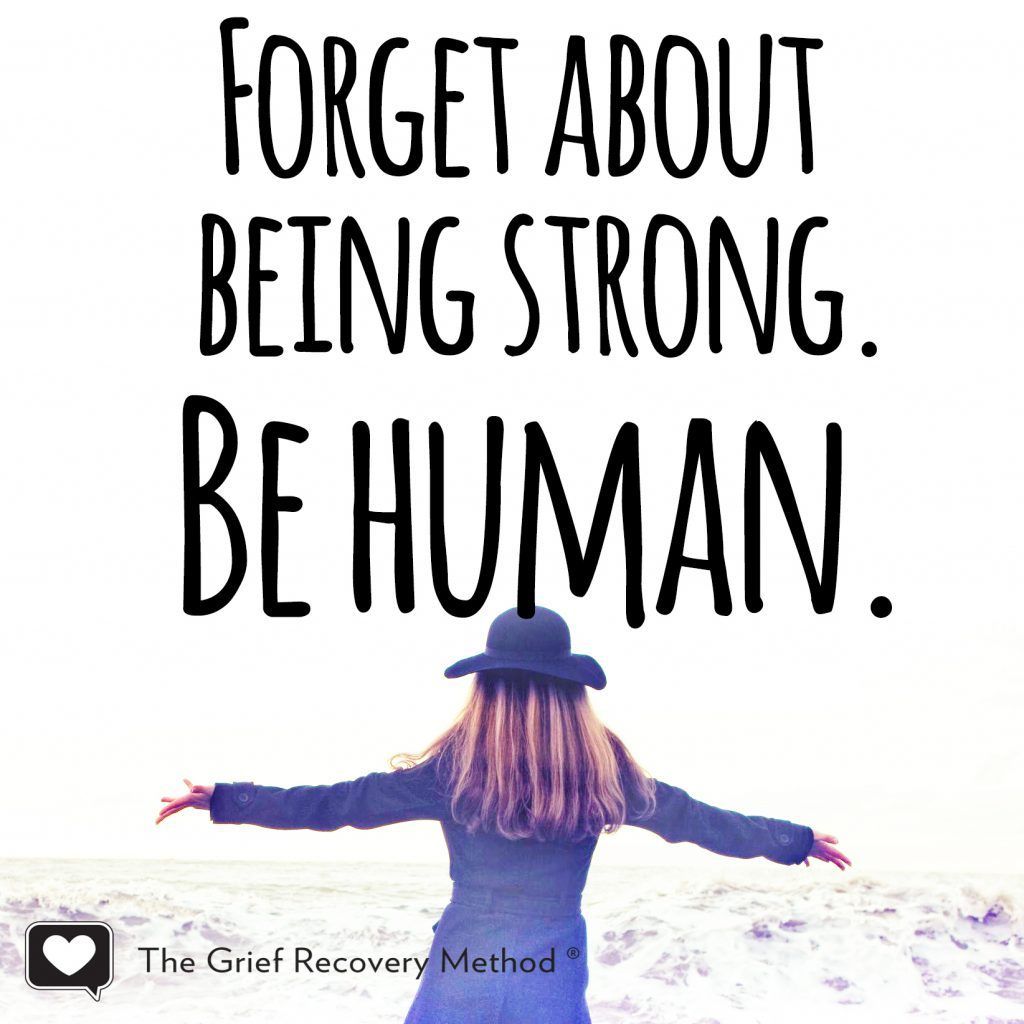DO YOU KNOW SOMEONE WHO IS STRUGGLING?
Did you know there is more than one way to communicate with others?
Most of you have probably heard of verbal (using words) vs nonverbal (body language, facial expressions) communication. A smile, a shoulder shrug, or even a raised eyebrow can change the entire context of a conversation. That's why texts and emails sometimes lead to misunderstandings – they lack those crucial visual cues!
There are other types of communication as well: intellectual and emotional.
In our daily lives, we lean towards intellectual communication – exchanging facts, giving instructions, and all the practical stuff we need to get through the day. Great for productivity, but not so great when we encounter someone speaking about emotions or needing emotional support.
When we chat with our spouse, co-workers, or a friendly service worker, we're usually in 'intellectual mode.' But what if they need to share something more personal? That's when we might hit a snag. Not everyone realizes that sometimes, we need to switch gears and listen with our hearts.
When someone reaches out emotionally, they're not looking for solutions or facts. They want to feel heard and understood. In a world where we are programmed to rush to solutions, offer quick fixes, or guide our friends toward the "bright side," we may inadvertently bypass a crucial part of the healing process - the recognition of pain.
It's about finding the right balance and recognizing when someone needs empathetic, emotional support rather than just an exchange of ideas or instructions.
When you recognize someone is communicating emotionally, your undivided attention is the greatest gift you can give. Put your cell phone away, don’t look at your watch, don’t scan the room. Whether you're a manager, want to be a better parent, or just someone looking to improve your relationships, remember this: A moment of silence to listen can speak volumes in emotional communication.
When someone shares something significant, like a child confiding, "Someone was mean to me at school," respond with empathy rather than an intellectual response. A gentle, "Oh, I can't imagine what that's like for you," does much more than “Don’t worry about that kid. Just ignore him. He was probably just having a bad day”. It shows you've heard them and acknowledged their emotional experience.
You should also summarize what they said. This mirror technique can make the other person feel seen and heard, reinforcing that their feelings are valid. Imagine this: Your colleague says, "I'm overwhelmed with this project." Responding with empathy, you say, "That sounds incredibly stressful. Want to talk about it?". What you're doing is *listening* – actively and emotionally. You're not just hearing words. You're acknowledging feelings.
- Next time someone reaches out emotionally, try this approach:
- Listen without interrupting.
- Respond with empathy rather than solutions.
- Invite them to share more with phrases like, "Tell me more about that."
So let's challenge ourselves to tune in more deeply. When a friend or loved one speaks from the heart, let's listen with ours. That way, we won’t miss out on opportunities to help people feel safe, to be honest.

Wondering how the Grief Recovery Method is different from traditional grief support? Great Question!









